We all imagine being friends with celebrities. Is that a bad thing?
Although one-sided, such bonds can boost self-esteem and foster acceptance of others
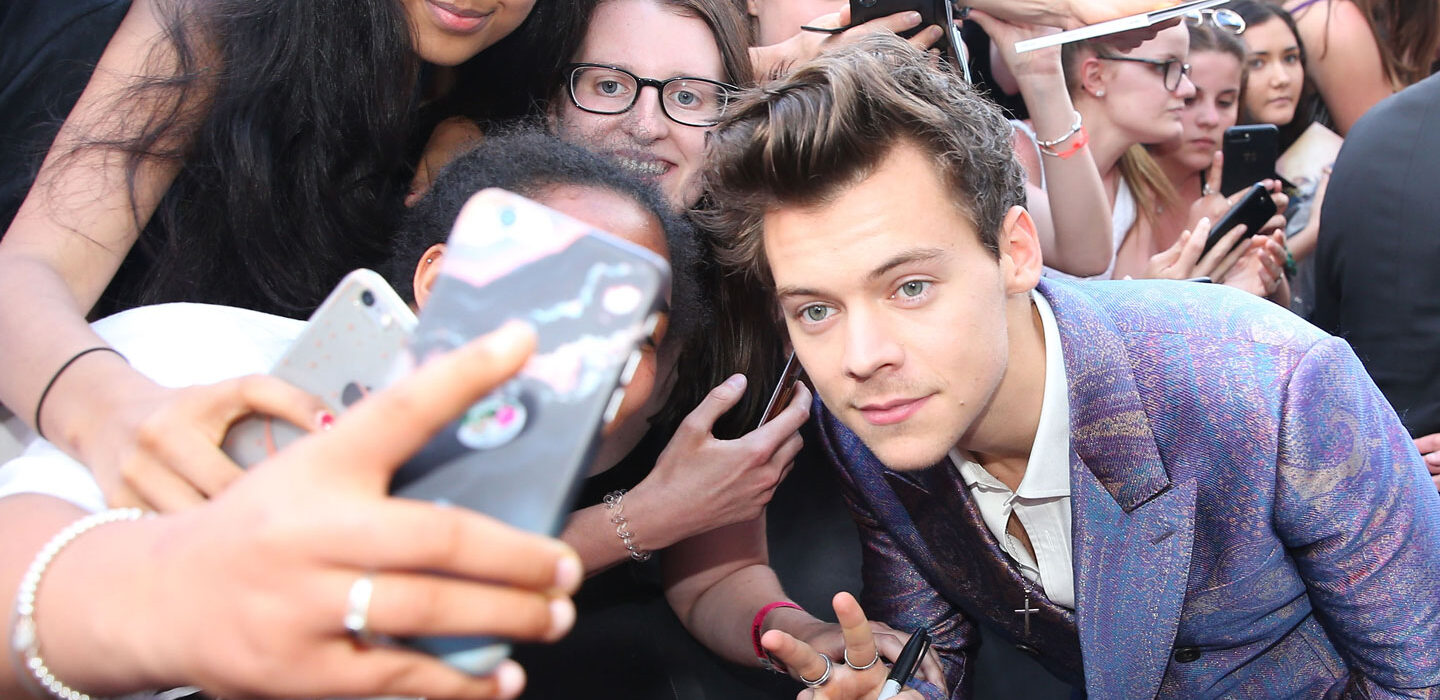
Many of the fans greeting Harry Styles have formed a parasocial, or one-sided, relationship with the singer.
Scott Barbour/Stringer/Getty Images Entertainment
Do you find yourself waiting for the next MrBeast video to drop so you can see his latest challenge? Or perhaps the newest experiment from Mark Rober? Maybe you’re wild about Harry Styles, Billie Eilish or Timothée Chalamet. You follow them on social media, connect with other fans online and maybe even message them now and again. Even though these people are celebrities, you feel like you know them. Now, research shows our attachments to them can be healthy.
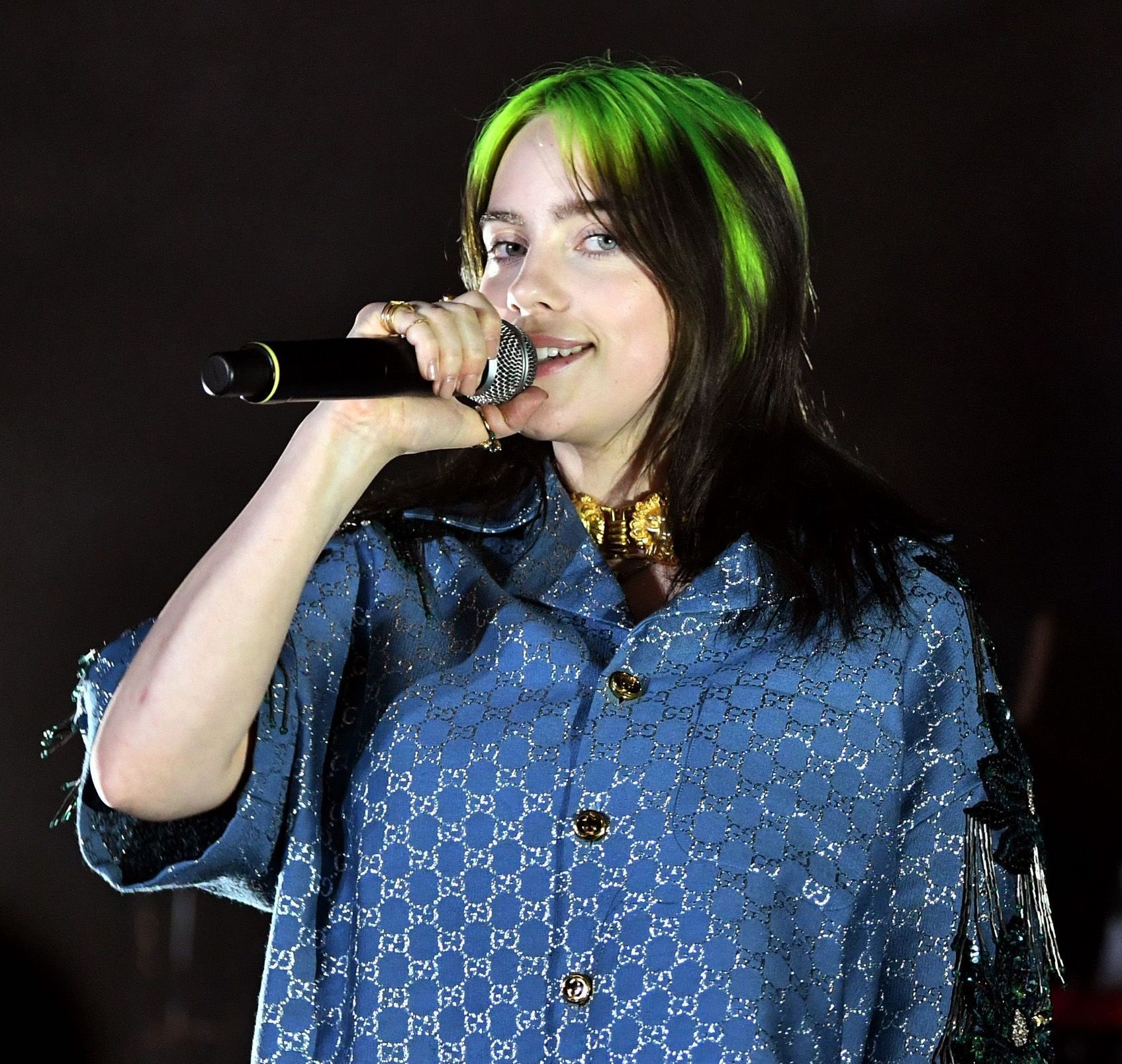
Most of us form relationships of some sort with celebrities and fictional characters. We imagine having a conversation with that person or asking for advice. Sometimes we develop a more romantic crush. Embarrassing as it may sometimes feel, this is perfectly normal. Scientists call these faux friendships “parasocial relationships.” Social relationships involve two or more people. Parasocial ones, on the other hand, are completely one-sided.
They develop as we begin to feel we know someone famous — or fictional — at a deep level. We may revel in that emotional attachment to the celebrity or character. They, however, don’t even know we exist.
As discouraging as that may sound, parasocial relationships can be a good thing. They can help us figure out who we are. They can boost self-esteem. Beware, however: In some cases, they also can influence us to believe or appreciate things about which they might otherwise have been skeptical.
Powerful relationships
Decades ago, parasocial relationships happened between TV viewers and the people on screen. This was especially true for talk-show hosts and newscasters who spoke directly to the camera. People watching felt as though these TV personalities were talking directly to them. Over time, they felt a close connection with them.
It wasn’t just people on TV. Beatles fans went wild for the band, just as Harry Styles fans do today. More recently, parasocial relationships have shifted to other types of screens. Many people, from children to adults, have some form of screen that they use for entertainment. Even young children form parasocial relationships with on-screen personalities. Big Bird and Elmo from Sesame Street can seem like friends. So can animated characters or superheroes.
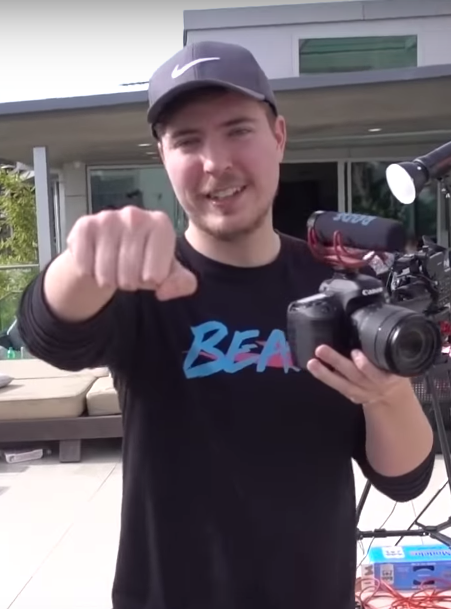
“We root for them,” says Kristin Drogos. “We want them to do well.” Drogos is a communication researcher at the University of Michigan in Ann Arbor. It’s that positive feeling toward these on-screen personalities that causes us to form a parasocial bond with them. And that connection can be powerful.
We learn from our friends, Drogos says. And it doesn’t really matter whether they exist in real life or on-screen. That’s one reason Sesame Street is an effective way to help kids learn, she notes.
Children and teens learn more than just information from these “friendships.” They also learn important social skills. Girls are drawn to physically attractive, smart characters, Drogos has found in her research. Boys, on the other hand, prefer smart characters that are physically active. Drogos and a colleague shared these findings in 2019 in Frontiers in Psychology. Starting at a very young age, we look for cues about how to act in our gender roles, she explains. We start to imitate how our favorite characters act and dress.
For the most part, that’s healthy, she notes. But it can go too far. Boys watching violent YouTubers may, for instance, become too accepting of violence. Or teen girls may go to great lengths to look more like their favorite person.
“These are powerful relationships,” Drogos says. And they can have a big impact on our own choices. “Think about who your favorite TV characters are. Are they good people?” she asks. “They are going to potentially shape how you think about the world around you.”
Confidence boost
Parasocial relationships form without thought. We don’t start watching a show with the thought, I’m going to watch this because I want to become friends with this character. Yet a bond may still develop.
One reason: Our brains treat on-screen faces the same as in-person faces, explains Bradley Bond. He is a communication researcher at the University of San Diego in California. “We assign personhood to people we see in-person and on screens,” he explains. And we “process them in a similar fashion.” We are a social species. So we crave connections to other people. “It’s human instinct,” he says, and parasocial bonds help fill that need.
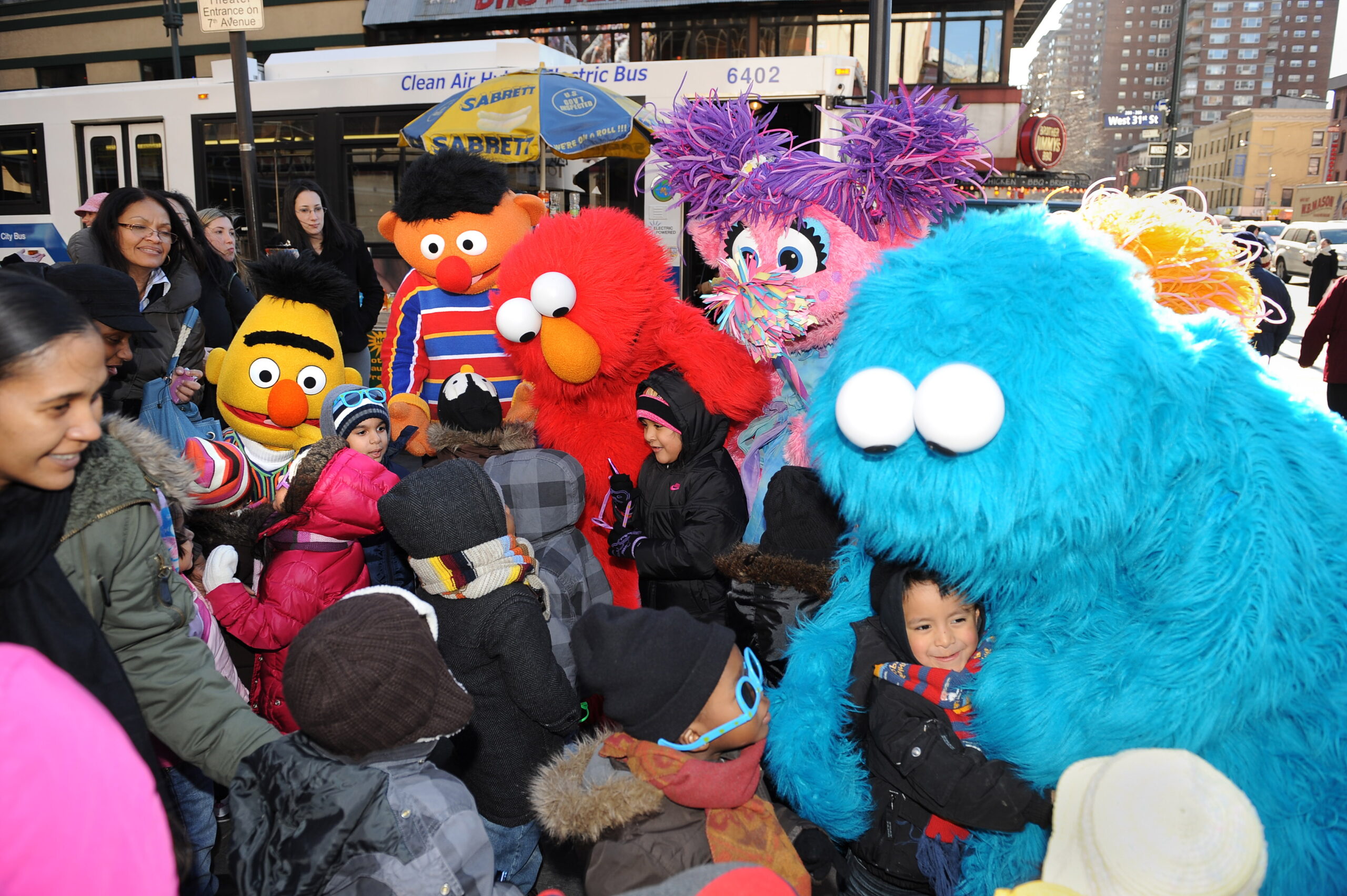
For some people, these relationships play an important role in our lives. In one 2018 study, Bond studied LGBTQ+ teens. Kids with few real-life LGBTQ+ friends were more likely to form parasocial relationships with those characters, he found. He concluded that these bonds provided a “sense of belonging that might be absent … in their real-life social networks.” Such a sense of belonging is essential to self-esteem and a sense of well-being, Bond says. He shared the findings in Media Psychology.
Parasocial bonds can also help reduce prejudice against groups of people. For instance, he recently surveyed young adults who watched a show featuring a cast of gay characters. Over the course of the season, Bond measured attitudes toward gay people among the straight participants. As they got to know characters in the show, he found, their attitudes shifted. They became more accepting as the strength of their parasocial bonds with them grew.
He described those findings in the June 2021 issue of Communication Research.
Participants didn’t identify with the characters over their sexual orientation. But they did connect over other aspects of their lives. Having an overbearing mother, for example. Or being teased for liking comics. Bond suspects that similar changes in prejudice would be found for other groups of people, such as people of different races or cultures. But to date, those studies haven’t been done.

Educators and Parents, Sign Up for The Cheat Sheet
Weekly updates to help you use Science News Explores in the learning environment
Thank you for signing up!
There was a problem signing you up.
Breaking down defenses
The strength of a parasocial bond can get a big boost when a celebrity interacts with a fan on social media. This might happen if the celeb responds to a direct message, for example. Does such an interaction change the relationship from parasocial to social? No, Bond argues. He still considers it a parasocial relationship — just one with a brief interaction. The fan feels more strongly connected. The celebrity doesn’t experience that sense of connection. “The emotional bond — that feeling they’re your friend — is still one-sided,” Bond says.
Nicole Liebers agrees. She is a media-communications researcher at the University of Würzburg in Germany. Parasocial relationships grow over time, she explains. They “develop in stages, just as [real-life] social relationships do.” The occasional response from a celebrity to a direct message or comment from a fan increases the fan’s positive feelings toward that person. Such interactions also increase trust. And that’s where things can get complicated.
In Germany, the United States and elsewhere, advertisements must be labeled. Seeing the label changes how we view information, Liebers says. We know an ad is not so much a fact as someone’s favorable view about something. When we see the label, she says, we think: “I have to be careful not to fall in the trap.” This helps us resist an ad that’s trying to persuade us.
But when we feel like the person in the ad is a friend, we tend to view it differently, Liebers says. We like the person. So if they like the product, we are more likely to buy it. This is how parasocial relationships can change behavior. The stronger our feelings toward the celebrity or influencer, the more likely we are to listen and adopt their views.
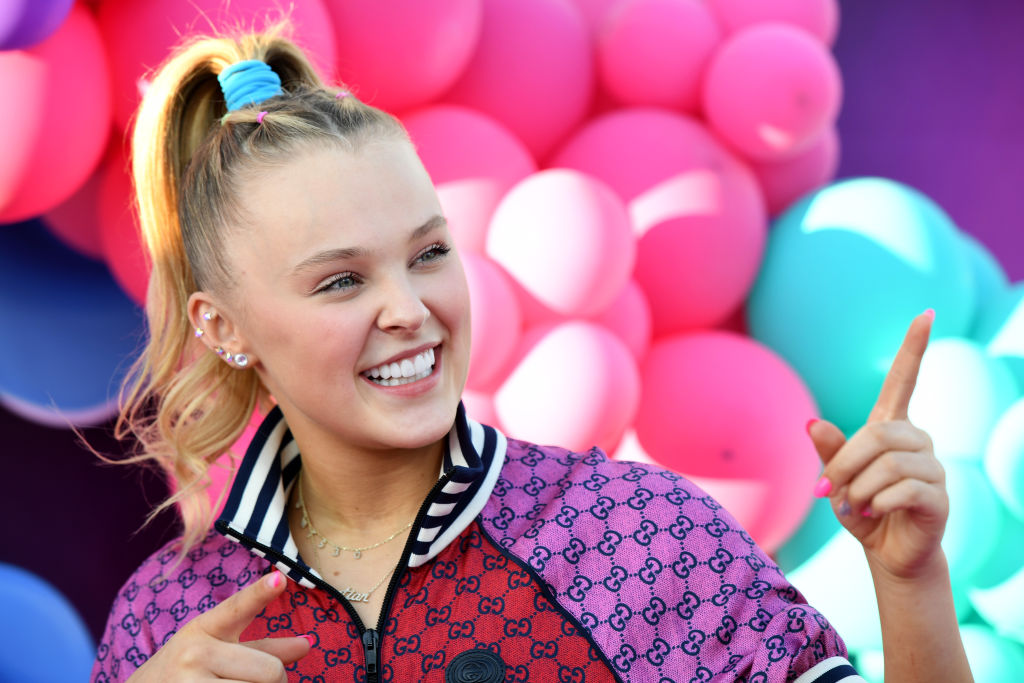
Liebers was part of a team that investigated how much of an impact celebrities have. The researchers showed 157 people two sets of Instagram posts of an influencer selling a product. For some participants, the influencer was someone they followed. They had a stronger parasocial bond with the celebrity. For others, the influencer was someone they were seeing for the first time. In some cases, the posts were labeled as ads. Other times they were not. The participants then answered a series of questions about whether they would buy the advertised product.
People viewing a new influencer were less likely to buy the product when posts were labeled as ads, compared with when posts were unlabeled. But followers with a strong parasocial bond to the influencer didn’t just become more critical of ads. When ads were labeled, they actually become more likely to want the product. They “perceive the disclosed advertisement as more honest,” she found. Being aware of this shift can caution us to work harder to recognize and avoid tricky ad campaigns.
Liebers and her colleagues described their findings in February 2021 in the International Journal of Advertising.
Despite the potential pitfalls, parasocial bonds are generally a good thing. They provide us with a window into the world. “Representation matters,” Bond says. The more we are able to learn about people who are different from us, the more understanding we can have for others. Sharing of stories “can alter our social consciousness,” he says. Parasocial relationships are a logical way for that to happen.
Correction: This story was updated to clarify the importance of being more critical of ads (in the third to last paragraph).







